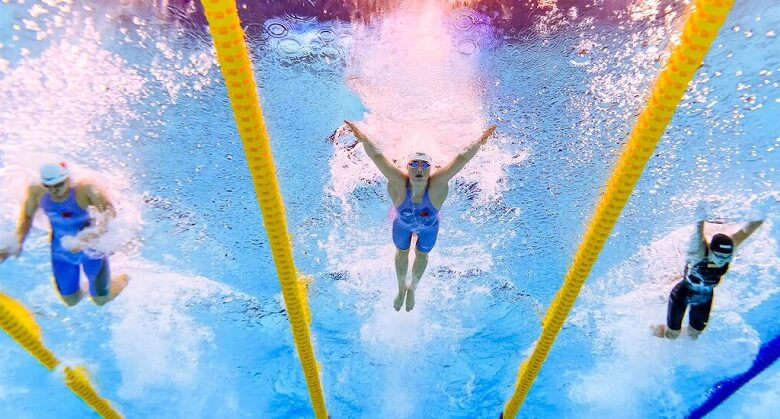
In a startling revelation, it has emerged that twenty-three prominent Chinese swimmers tested positive for the same banned substance approximately seven months prior to the Tokyo Olympic Games in 2021. Despite these positive tests, the athletes were allowed to continue competing after being cleared of doping by top Chinese officials. The decision not to take action against these swimmers has sparked widespread debate and criticism within the global antidoping community.
The revelation sheds light on a previously undisclosed episode that took place before the Tokyo Olympics, where several Chinese swimmers who had tested positive for a banned substance went on to win medals, including golds. Among them is two-time gold medalist Zhang Yufei, who is expected to be a strong contender in the upcoming Summer Games in Paris.
According to reports, the positive tests were acknowledged by China’s antidoping regulator, which attributed the results to inadvertent ingestion of the banned substance in minuscule amounts. Chinese authorities asserted that no punitive action was warranted against the athletes, claiming they had unwittingly consumed the substance.
However, scrutiny of the handling of this incident has revealed a deep divide within the antidoping world. Critics argue that the swimmers should have been suspended or publicly identified pending further investigation. They contend that the failure to take action rests with Chinese sports officials, the international governing body for swimming (World Aquatics), and the World Anti-Doping Agency (WADA), which oversees national drug-testing programs.
Despite evidence suggesting a violation may have occurred, including an email exchange between a Chinese antidoping official and a top world swimming official, WADA chose not to intervene. The agency defended its decision, citing a lack of credible evidence to challenge China’s explanation of the events.
Meanwhile, the Federal Bureau of Investigation (FBI) became aware of the positive tests, the rationale behind China’s decision to clear the athletes, and WADA’s inaction. This development underscores the gravity of the situation and the international scrutiny it has attracted.
The incident has raised serious concerns about transparency, accountability, and fairness in elite sports. The lack of disclosure about the positive tests and the subsequent decision not to take action against the athletes run counter to established protocols aimed at upholding the integrity of athletic competition.
The Chinese antidoping agency attributed the positive tests to contamination of the athletes’ food supply during a domestic meet held in late 2020 and early 2021. However, this explanation has been met with skepticism from experts, who find it implausible.
Despite efforts to investigate the matter, questions remain unanswered regarding how the banned substance found its way into the swimmers’ systems. Critics argue that the Chinese authorities’ handling of the incident deviated from established procedures and allowed the athletes to compete without facing consequences.
The revelation of the positive tests comes at a critical juncture, with the Summer Games in Tokyo looming large on the horizon. China’s ability to send athletes who had recently tested positive for a banned substance to compete without public disclosure has raised serious doubts about the efficacy of the antidoping system.






